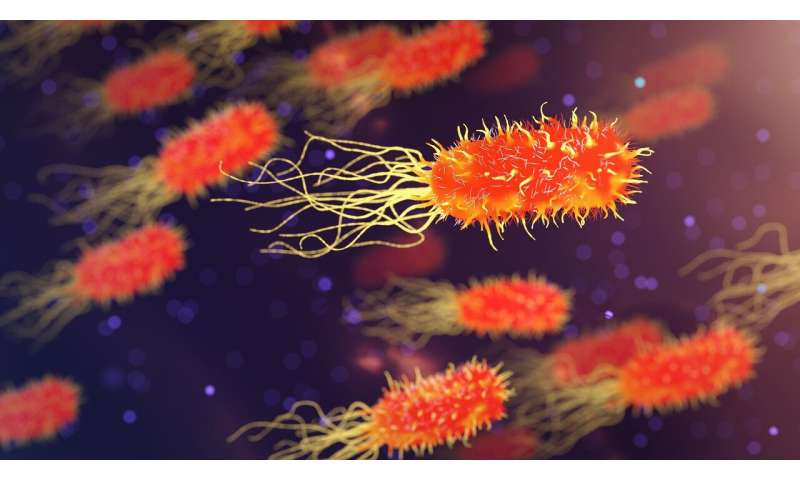
New research has revealed that probiotic bacteria could control the development and progression of colorectal cancer (CRC).
The study, published recently in the journal Microorganisms, was led by Dr. Andrew Foey from the University, in collaboration with Dr. Vlasta Demeckova of Pavol Jozef Safarik University in Kosice, Slovak Republic.
Dr. Foey and the team tested a mixture of lactic acid bacteria (LAB) strains for its ability to affect the activity of immune cells (macrophages), in the hope of encouraging anti-tumor responses to CRC in the gut.
Results from the study showed the probiotic mix partially suppressed the development and growth of tumors in a model of CRC. The researchers concluded this may be as a result of the way the LAB mixture changed macrophage immune cell behavior.
According to charity Bowel Cancer UK, CRC is the fourth most common cancer in the country and the second biggest cancer killer, with more than 42,000 people diagnosed with the disease every year in the UK. The charity says 1 in 15 men and 1 in 18 women will be diagnosed with the cancer during their lifetime.
Dr. Foey, associate professor in immunology at the University of Plymouth, said, “This study is just a small piece of a very large picture focused on understanding CRC and the potential development of therapeutics to control this disease. This investigation positively impacts on cancer research by highlighting the potential clinical translatability of probiotic mixtures to beneficially manipulate the immune system against CRC.
Source: Read Full Article
